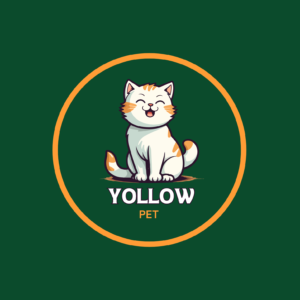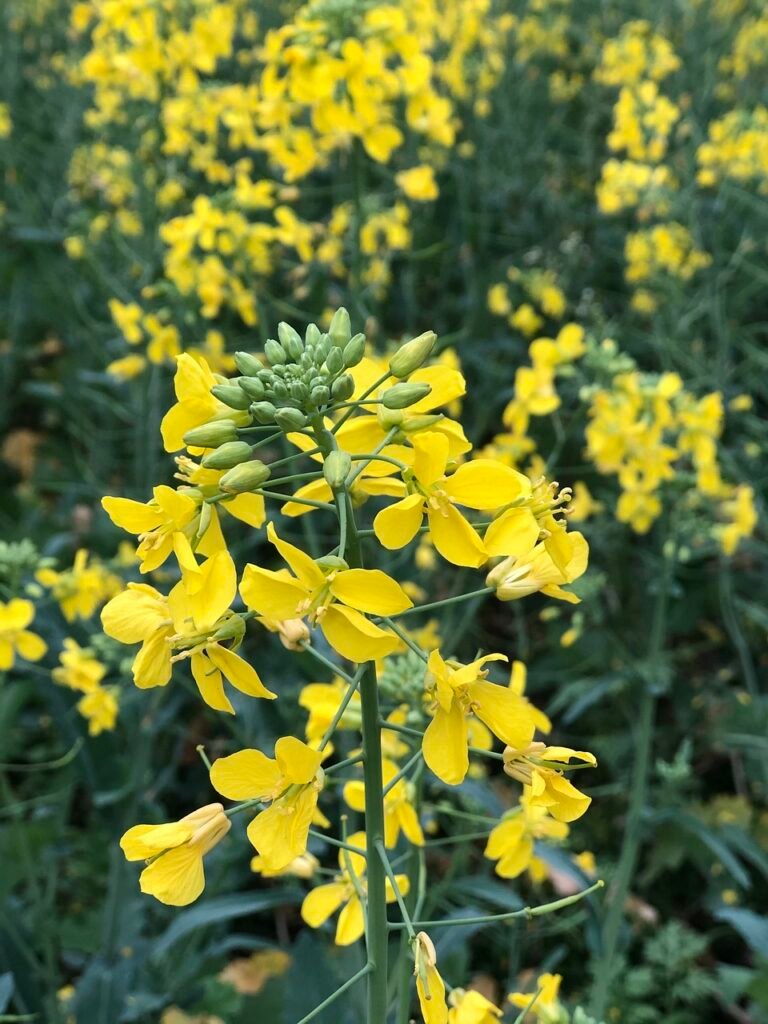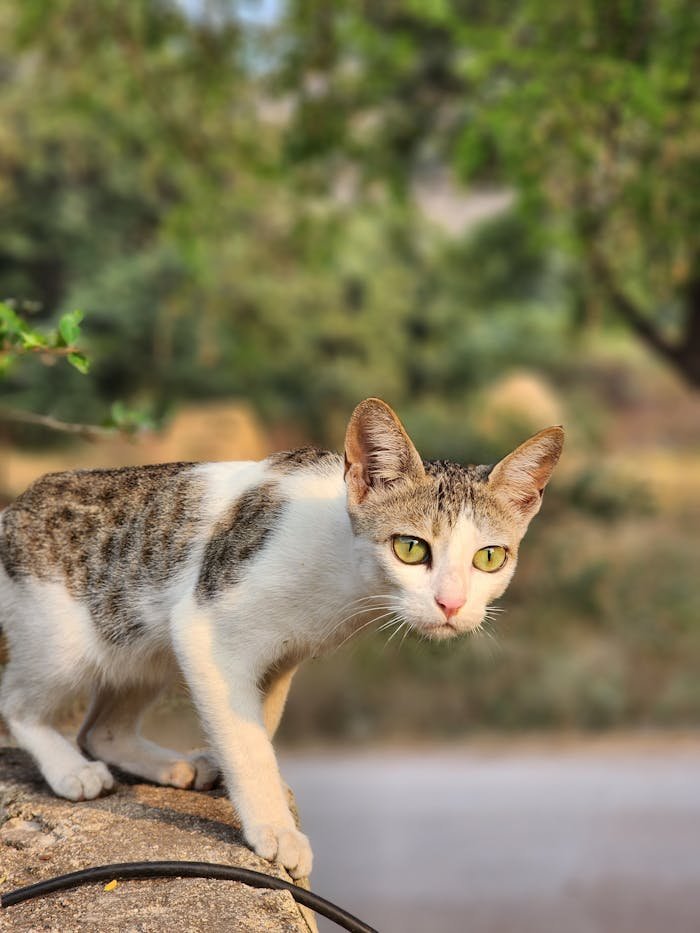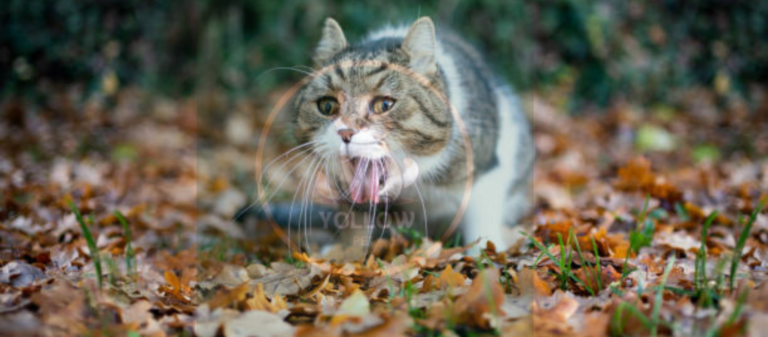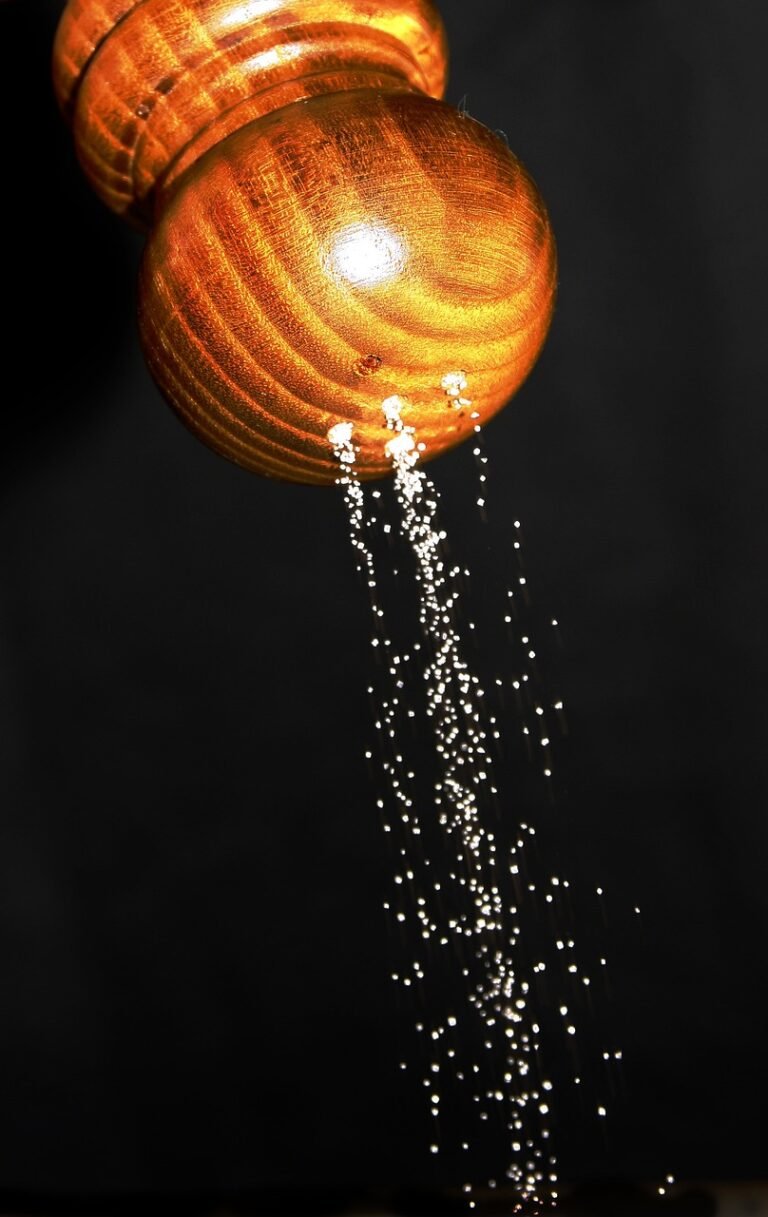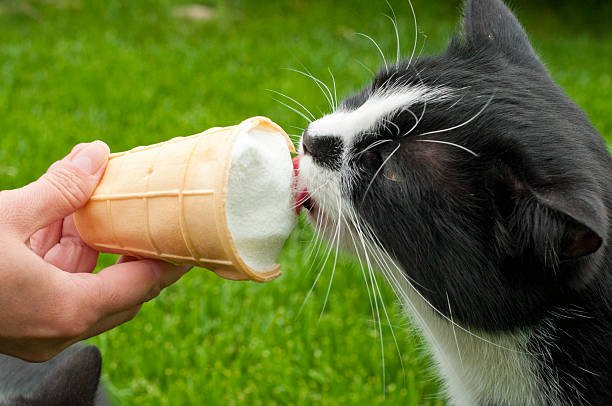Can Dogs Eat Mustard
Introduction: Dogs are a massive part of our lives often referred to as another member in the house, so whether we like it or not they become one fast. It is natural for someone that important you want them apart from everything, including food. There are human foods that some say dogs can eat and others that cannot be given to a dog. Dog owners often ask about whether it is okay if dogs eat mustard or not. Can dogs eat mustard? This article will cover what we know about how mustard affects dogs, its ingredients (and the potential health issues they pose for your pet), and other safer options to consider.
What is Mustard?
Common ingredients in mustard include:
MUSTARD SEEDS: The main ingredient, mustard seeds are available in yellow, brown, and black! This is also why Mustard seeds, which are used to make mustard and contain compounds like glucosinolates and myrosinase can be poisonous in high doses.
Vinegar: Commonly added as an acidifying agent and preservative, vinegar is typically safe for dogs when consumed in small amounts.
Salt: Salt is one of those general no-no ingredients, but it is used in many types of mustard and could be dangerous if consumed by your dog.
Mustard Spices and Flavorings: Additional spices & flavorings like Turmeric, Paprika, garlic, etc., may help give the mustard its unique flavors. The problem is that many of these will be toxic and dangerous for the dog.
Can Dogs Eat Mustard?
The short answer is that, no, dogs should not eat mustard. Although a light tip of mustard will not have instantaneous harm, it includes components that could toxins dogs and bring up fitness issues. Now let us dive into the nitty-gritty on why mustard is not safe for dogs.
Toxic Compounds in Mustard:
Glucosinolates: typically found in mustard seeds, as well as these compounds being potentially toxic to our canine companions. For example, glucosinolates can impair thyroid function and contribute to goiter development. The massive consumption could lead to gastrointestinal irritation resulting in vomiting and diarrhea.
Myrosinase: Activated when mustard seeds are crushed, forming isothiocyanates The pungent flavor of mustard is due to the presence of goitrogens or chemicals called organosulfur compounds (isothiocyanates) which can result in inflammation and upset stomach for dogs.
Salt: Too much salt can result in sodium ion poisoning, and if not treated could lead to vomiting, diarrhea hyperthermia, or seizures.
Garlic and Onions: A few mustard types also have garlic or onion powder, which are both toxic to canines. These ingredients can destroy your dog’s red blood cells which kills off his own energy, hemolytic anemia.
Dangers of Mustard — Can Dogs Have Mustards?
Mustard can cause many health problems which are moderate to severe, when ingested by dogs. The potential risks include:
Gastrointestinal Distress:
It can be an irritant to a dog’s gastrointestinal tract and may cause symptoms such as vomiting, diarrhea, drooling, and abdominal pain. The main culprits of the irritation are isothiocyanates and other spices contained in mustard.
Gastroenteritis:
One possible consequence of a dog eating mustard is gastroenteritis, which refers to inflammation in the stomach and intestines. Symptoms can manifest as vomiting, diarrhea, fatigue, and low appetite. Any serious event of gastroenteritis needs veterinary intervention.
Pancreatitis:
Dog pancreatitis triggersCertain foods, whether they are too high in fat for dogs or very salty such as mustard can cause pancreatitis. Pancreatitis is a painful and potentially deadly condition that involves the inflammation of the pancreas. Symptoms may include nausea, diarrhea oral belly cramps, and a fever as well as decreased appetite.
Hemolytic Anemia:
When garlic or onion powder is present in the mustard it can lead to Heinz body formation which results from hemolytic anemia. This is caused by more red blood cells being destroyed at any given time than the dog’s body can replace. Signs include weakness, pale gums, rapid breathing, and jaundice.
My Dog Ate Mustard! What Should I Do?
In case your dog consumes mustard by mistake, then you should do everything in your power to prevent likely health mishaps. Here’s what you should do:
Assess the Situation:
First, see how much mustard your dog has eaten and what kind of mustard it is. However, if it is a little lick of plain yellow mustard its most likely less risky. But, it can turn serious if your dog ingests a large quantity or toxic ingredients from mustard.
Monitor Your Dog:
Now, all you need to do is look for these dogs showing signs of stress/anxiety or have acting out erratically. Signs to watch for include vomiting, diarrhea, drooling, abdominal pain, lethargy, and appetite changes. If your dog seems symptomatic for perennial ryegrass poisoning contact your vet right away.
Contact Your Veterinarian:
You should refer to your veterinarian if you believe or know any mustard has been consumed by your dog. They will be able to offer you advice based on the size, breed and health of your dog. If something is pertaining to them, they will suggest you bring your dog in like giving activated charcoal if not already done – so the poison gets absorbed.
Other Mustards for Dogs
I hope you find several dog-safe condiments to spice up your meals with! 5 Safe Examples
Plain Yogurt:
Mustard ➠ plain unsweetened yogurt They are probiotics, which help in digestion and take care of the gut. Ensure it is plain yoghurt without added sugars or artificial sweeteners as these can be toxic to dogs.
Pumpkin Puree:
Pumpkin is safe for Dogs to eat and provides fiber fiber, which helps the digestive system work well and can also affect bowel movements. Be sure to pick up plain, canned pumpkins with no added spices or sugars.
Peanut Butter:
Dogs typically enjoy the taste of peanut butter, and in moderation, it is a safe source of Natural peanut butter (without added sugar, xylitol [a toxic artificial sweetener for dogs], or salt)
Applesauce:
Taking care of your pooch means being prepared to throw in some unsweetened applesauce every now and then. Unsweetened Applesauce is sort of like the “silk sling” that creates a base for sugar if not enough are sweet, based on what you were trying to achieve with this plan (which may only be Wednesday call) but before managing yourself out there onto however just take we’ll do remove morsels part1 find she heard note when know? Vitamins and natural sugar minus the crap they put into mustard.
Bone Broth:
Bone broth has another name, liquid gold for some dogs. Collagen helps keep Fido’s joints in good shape and you can pour it over his food to make a meatier more attractive meal.
Conclusion:
Resisting the urge to give some of your food to Fido is tough, however, it can be even harder once you are aware that it may well actually put him in danger. Due to the presence of its toxic compounds, it is very unsafe for dogs. If your dog gets into some mustard, you should keep an eye out for symptoms and talk to a vet if the situation warrants.
Try plain yogurt, pumpkin puree, or bone broth instead of mustard to make your dog’s food more appealing. Your pet dog’s health, happiness, and well-being is dependent on what you feed it.
FAQs — (Frequently Asked Questions)
- Will a small drop of mustard hurt my dog?
While an itty bitty lick of mustard probably won’t be harmful, you certainly don’t want to start feeding your dog this condiment. The ingredients in mustard can create irritation to the digestive tract and cause damage (of course more serious health problems).
- What to Do If Your Dog Eats Mustard?
Keep an eye out for warning signs, including symptoms of vomiting or diarrhea, and a dog who is listless. Reach out to your vet for advice depending on how many you have, or the size of your pet.
- Which Condiments Are Safe for Dogs?
Yes, there is safe mustard alternatives. Yogurt, pumpkin puree, peanut butter, dogs love these tastes you can add onto their meal but apple sauce or bone broth on it’s own they will eat!
- Why is mustard bad for dogs?
The toxic compounds found in the mustard are glucosinolates and myrosinase, which can cause an upset stomach for your dog. And some mustards contain garlic or onion powder, both of which are toxic to dogs.
- Why does mustard harm dogs in the long run?
Eating mustard frequently or in large quantities can cause gastrointestinal distress, pancreatitis, and — rarely but sometimes if eaten in incredible amounts — hemolytic anemia. Make sure that your dog never has any access to mustard or another harmful substance.
